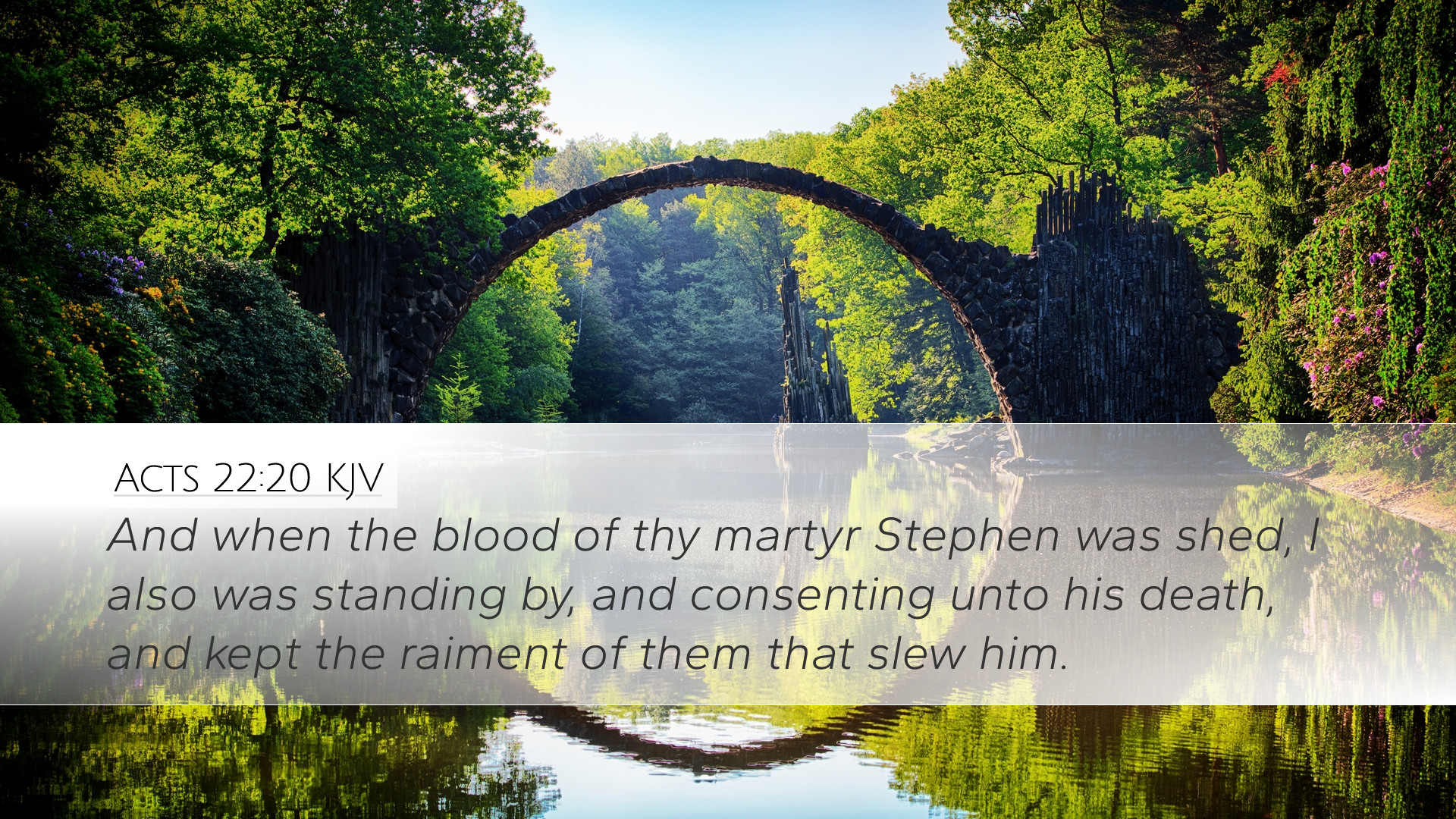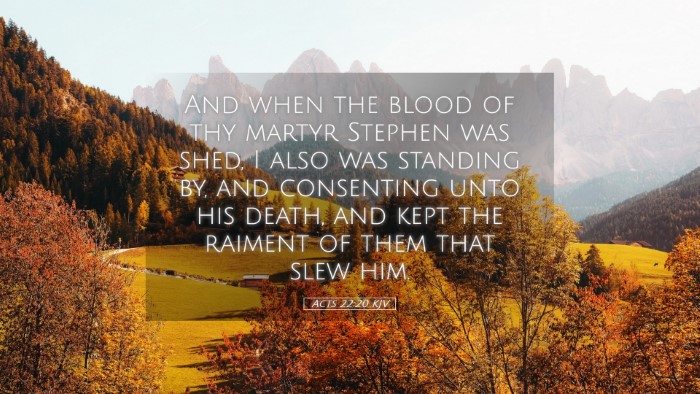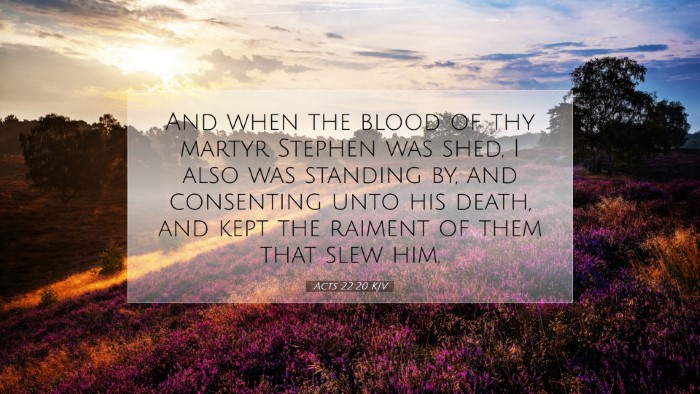Old Testament
Genesis Exodus Leviticus Numbers Deuteronomy Joshua Judges Ruth 1 Samuel 2 Samuel 1 Kings 2 Kings 1 Chronicles 2 Chronicles Ezra Nehemiah Esther Job Psalms Proverbs Ecclesiastes Song of Solomon Isaiah Jeremiah Lamentations Ezekiel Daniel Hosea Joel Amos Obadiah Jonah Micah Nahum Habakkuk Zephaniah Haggai Zechariah MalachiVerse
Acts 22:1 Acts 22:2 Acts 22:3 Acts 22:4 Acts 22:5 Acts 22:6 Acts 22:7 Acts 22:8 Acts 22:9 Acts 22:10 Acts 22:11 Acts 22:12 Acts 22:13 Acts 22:14 Acts 22:15 Acts 22:16 Acts 22:17 Acts 22:18 Acts 22:19 Acts 22:20 Acts 22:21 Acts 22:22 Acts 22:23 Acts 22:24 Acts 22:25 Acts 22:26 Acts 22:27 Acts 22:28 Acts 22:29 Acts 22:30

